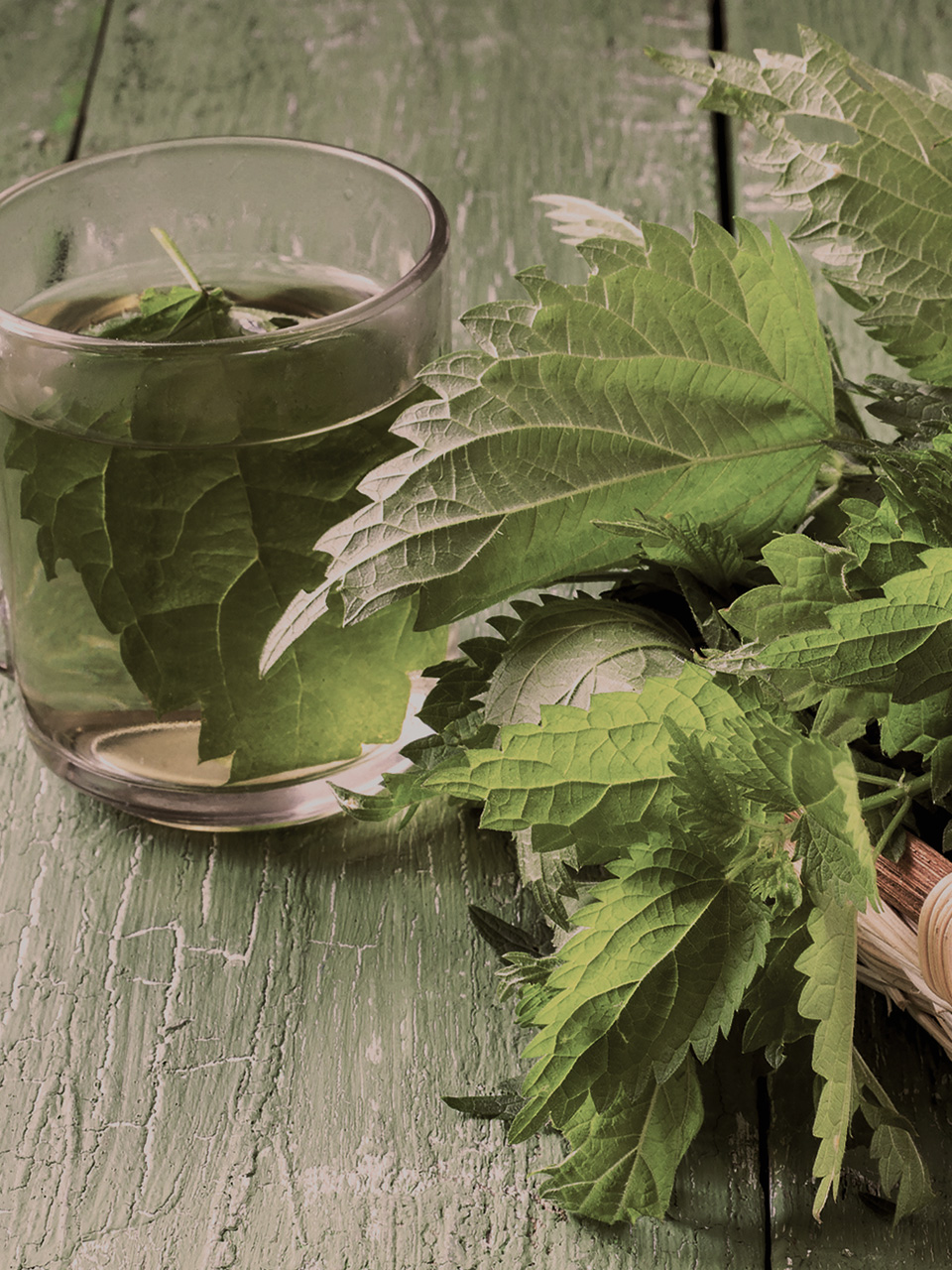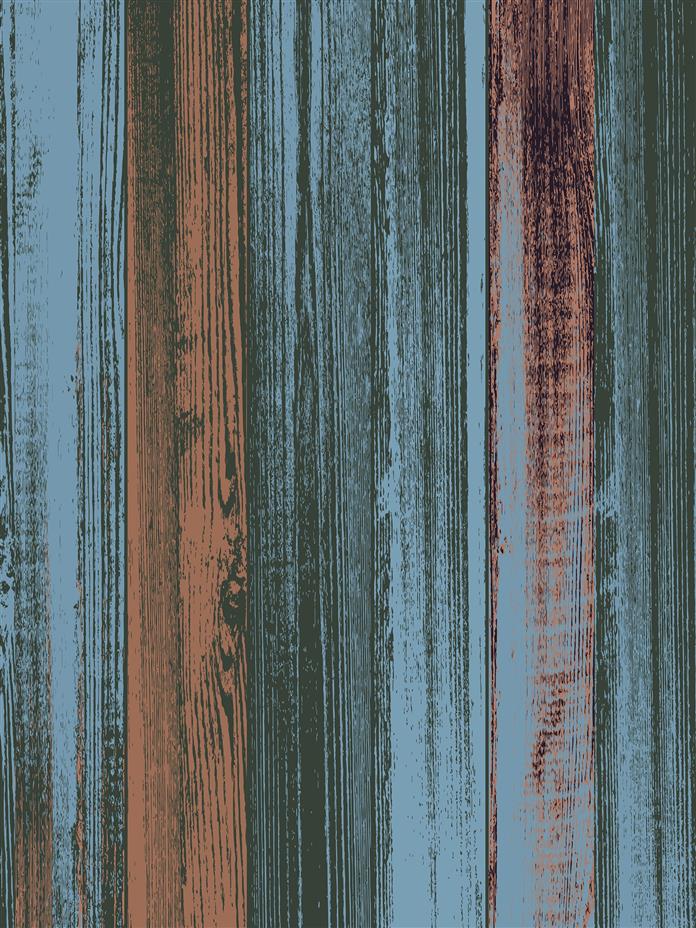
Tap to Read ➤
Benefits of Nettle Leaf
Scholasticus K


There are numerous benefits of nettle leaf that most of us are not aware about. Nettle, in reality, is a name given to a group of 30 to 45 different plant species. Here's more...

The most prominent nettle plant is the stinging nettle. It is a herb, known by many people, as a garden weed that annoyingly keeps reappearing in the garden. There are many myths or misconceptions about the nettle plant being a poisonous plant and having a rather stinging bite.

It is true that the nettle plant can cause a certain irritation to the human skin or an allergic reaction, in case of delicate skin. The stinging nettle has minuscule needle-like projections along its surface, that secretes a toxic substance, which causes irritation of skin.

Among the benefits of nettle tea (made from stinging nettle), is its use in treating anemia. Believe it or not, there are numerous other benefits that are exhibited due to the substances present in the leaf.

Benefits of the Nettle Leaf

The natives of the temperate regions of the world are still using the nettle in their traditional medicinal practices. As a traditional medication, stinging nettle was used to cure a variety of health conditions that include coughs, tuberculosis, and arthritis. It was also used for boosting hair growth.

Apart from traditional medicine, the nettle plant and its leaves are sometimes consumed as a vegetable. Nettle leaf contains a significant amount of vitamin A, B and C, proteins, dietary fibers and caffeic acid. If we look at the number of chemicals that help the human body combat diseases, nettle is a warehouse of iron, potassium, fatty acids, and calcium.

The health benefits can be divided into four basic categories, namely: digestive health, prostate, allergies, and anti-inflammatory.

Digestive Health
The consumption of nettle boosts the digestive system by flushing out all the toxic matter that becomes an obstacle for digestion. Its nutrients also help in the cleansing of the urinary tract. The nettle leaf is also an excellent remedy for urinary tract infection.

The flushing of the digestive and urinary tracts also promotes the functioning of the bladder, the thyroid, and the kidneys, which eventually reduces fatigue. Some experts claim that it can also be used to eradicate certain heavy metals from the human body system, though this health benefit has not yet been proved or documented officially.

Prostate
It can be successfully used as a remedy against prostate inflammation, also known as prostatitis. The medications containing nettle extract are also very effective in treating prostate hyperplasia. It is found in almost any medication that is used to treat illnesses related to the prostate gland. The root of the nettle plant is also utilized for this cure.

Allergies
The extract of these leaves is used in medications and lotions that are used to treat allergies. The extract of the leaf is also used to get rid of nasal and chest congestion, as a result of allergic reactions against foreign substances entering the body. The leaf extract can help soothe the rashes produced due its own toxin.

Anti-Inflammatory
The components of stinging nettle are often used to suppress the production of prostaglandins, a hormone-like substance that causes inflammation of the skin. One of the benefits, which can also be considered a miracle, is that it can be used to make an astringent to treat internal bleeding.

Other Benefits
- It is used as an adjuvant remedy in treating arthritis in Germany.
- It is used in shampoos as an anti-dandruff agent.
- It is used in cattle feed as it makes the coat of the animal glossy.
- It promotes lactation in pregnant and/or lactating women.

- Its extract helps in the blood glycemic control in case of type 2 diabetes patients.
- Young leaves can be utilized as a food source, and they possess a spinach-like taste.
- It can be used to dye fabrics a yellowish-green color.
- It is extremely nutritious, and hence is used as feed for poultry.

The nettle plant can be easily found in areas of partial shade, especially during the monsoon seasons in the form of large groves. The plant's location indicates nutrient-rich soil or a source of underground water that is quite near the surface.

Though these cannot be classified as benefits, people in the central regions of India use the presence of the nettle plant to find underwater springs. Different vegetables and herbs that require lot of water are then planted in areas around the region.